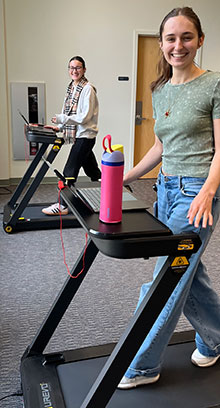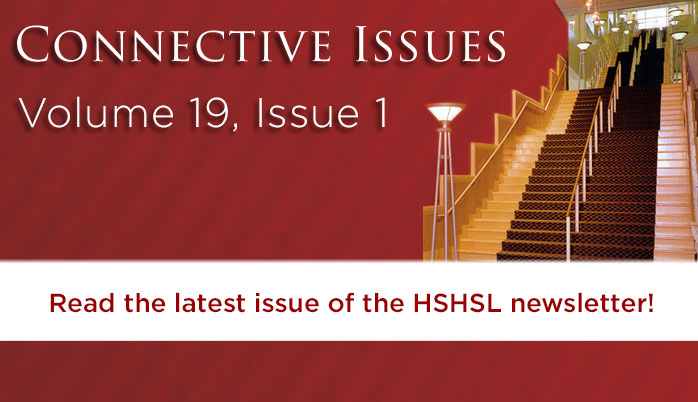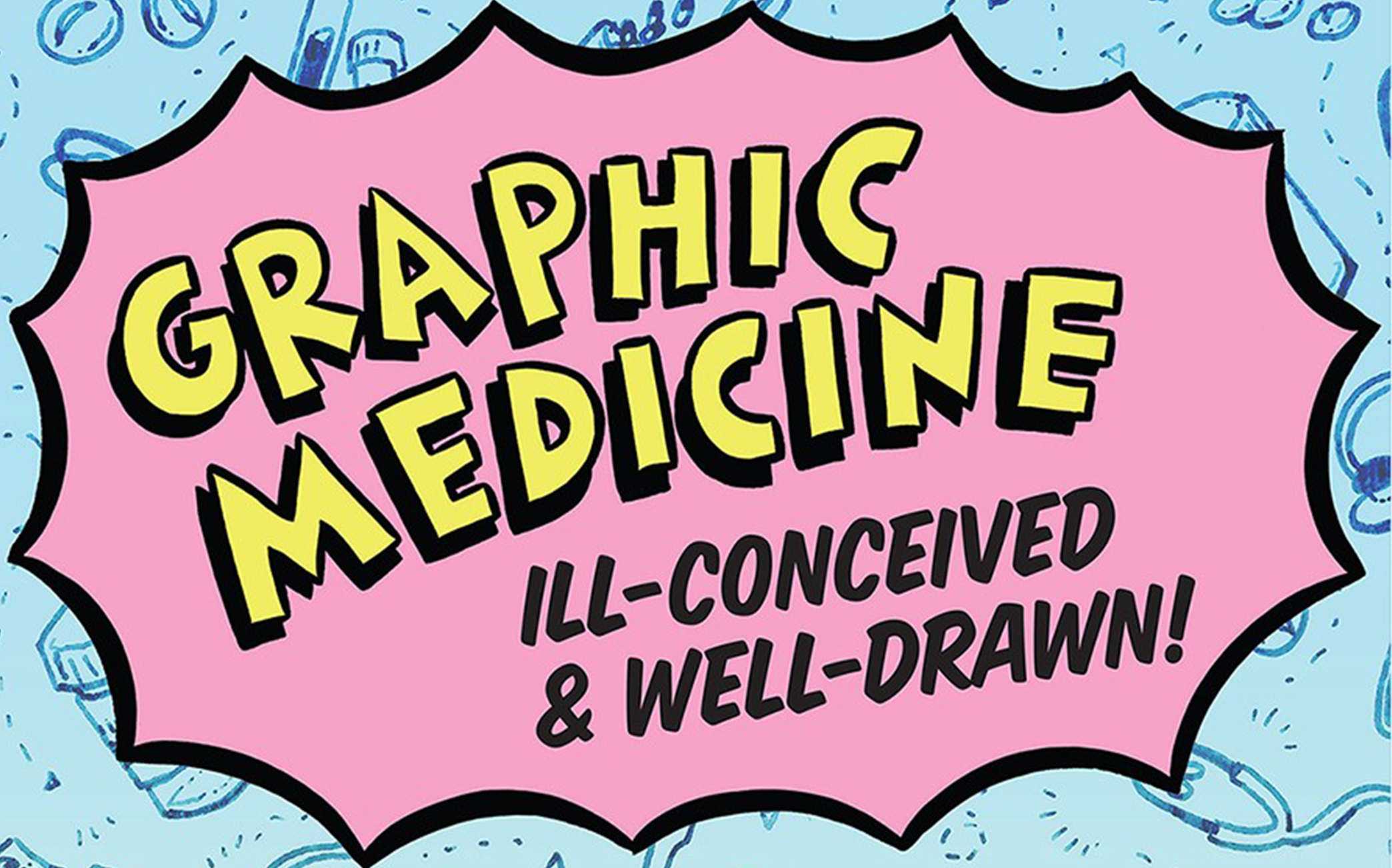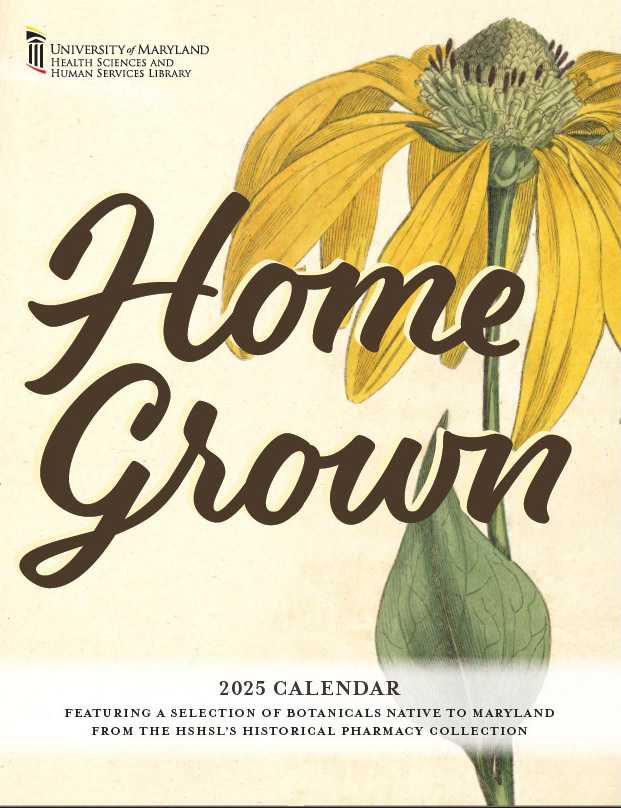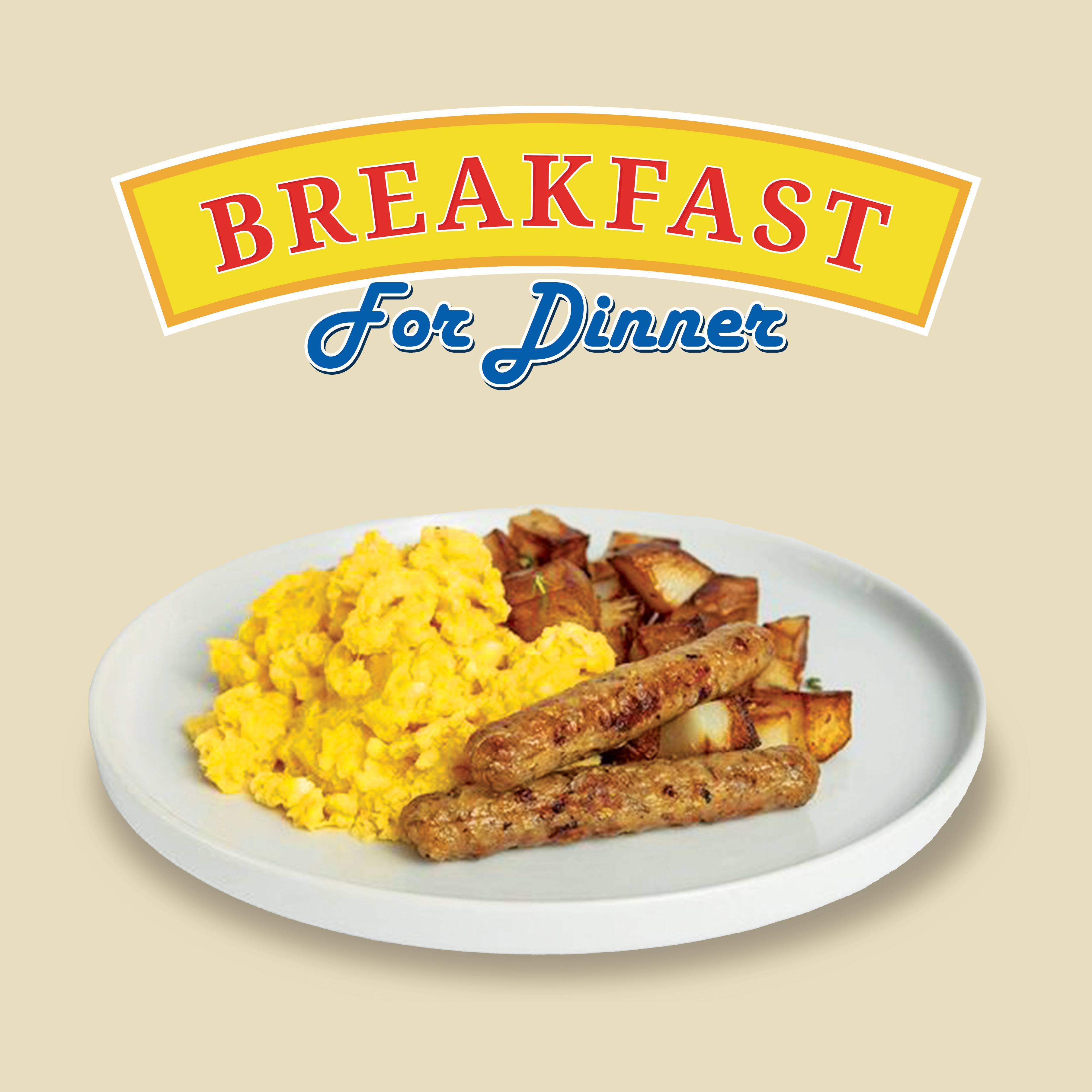The Health Sciences and Human Services Library Historical Collections’ strives to provide broad access to our diverse collections both in person and digitally. Materials in our collections appear as they originally were published or created and may contain offensive or inappropriate language or images and may be offensive to users. The University of Maryland, Baltimore does not endorse the views expressed in these materials. Materials should be viewed in the context in which they were created.
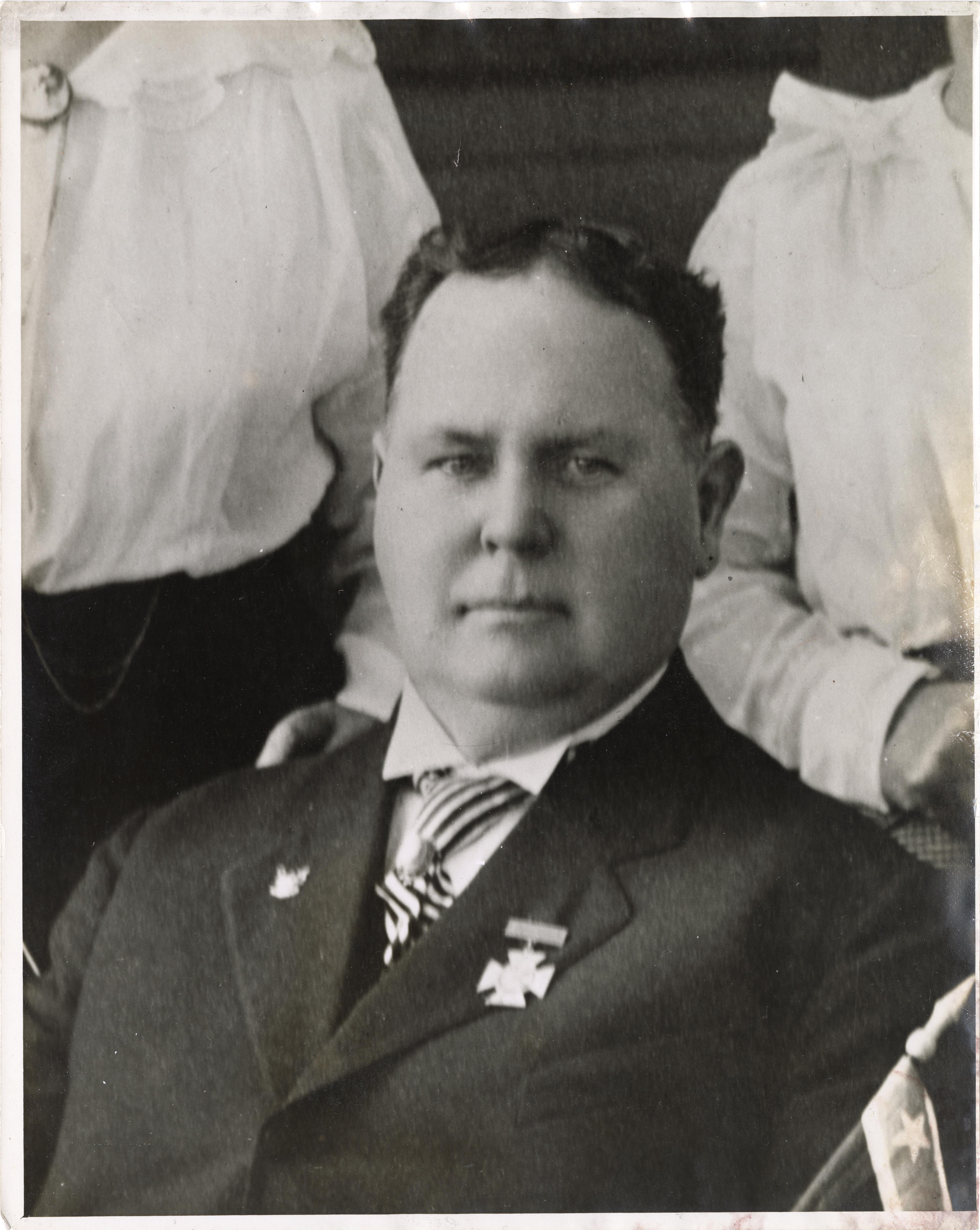 In November 2024, the HSHSL’s Historical Collections received a donation of pharmacy materials relating to the family of George Whitfield Hurd, Maryland College of Pharmacy, the founding institution of the University of Maryland’s School of Pharmacy, class of 1878. The materials were donated by Hurd’s great granddaughter and includes items that were indispensable to the Hurd family’s pharmacies and provide a glimpse into the life of an early pharmacy graduate.
In November 2024, the HSHSL’s Historical Collections received a donation of pharmacy materials relating to the family of George Whitfield Hurd, Maryland College of Pharmacy, the founding institution of the University of Maryland’s School of Pharmacy, class of 1878. The materials were donated by Hurd’s great granddaughter and includes items that were indispensable to the Hurd family’s pharmacies and provide a glimpse into the life of an early pharmacy graduate.
The Hurd Family
George Whitfield Hurd was the son of Joseph D. and Mary Frost Abbot Hurd of Prattville, Ala. Joseph D. Hurd was born on March 2, 1823, in Sparta, N.J. He married Mary Frost Abbot on March 22, 1849, and had six children—George Whitfield Hurd, William Graham “Willie” Hurd, Elizabeth Etoile Hurd, Lucy Geter “Nina” Hurd Walker, Minnie Augusta Hurd and Mary Frost Hurd. Joseph Hurd owned a Drug Store in Prattville. He fought for the Confederacy in the American Civil War, while his brother, Byram Pitney Hurd, fought for the Union in the same war. The brothers fought for opposing sides in the Battle of Vicksburg; Byram was killed in action in Egypt Station, Miss. in 1864. Following the Civil War, Joseph returned to Alabama and continued to work as a druggist. Joseph Hurd passed on December 10, 1898. Perhaps Joseph Hurd’s work inspired both his sons, George and William, to enter the pharmacy profession.
William Graham “Willie” Hurd was born on December 24, 1854 in Prattville, Ala. Willie Hurd attended the Maryland College of Pharmacy, from 1872 until 1876. Following graduation, Willie Hurd returned to Prattville, Ala. and worked as a druggist. He married Flora Memory Wheat on February 25, 1880; together they had six children—five sons and 1 daughter. Willie Hurd passed on February 25, 1928.
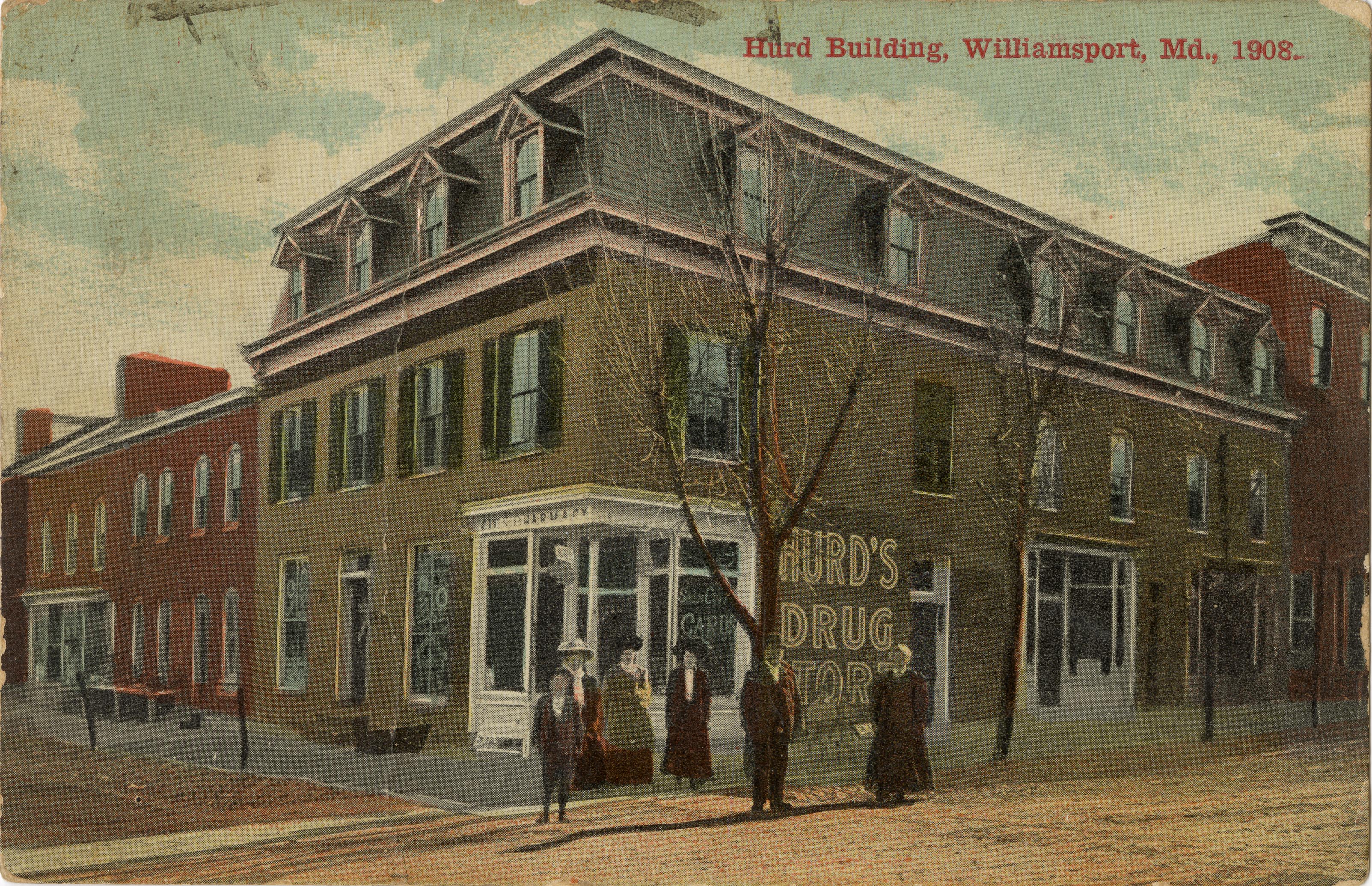 George Whitfield Hurd was born in Prattville, Ala. on February 27, 1852. He attended the Maryland College of Pharmacy, from 1874 to 1878. After graduating, Hurd returned to Alabama and opened a pharmacy. He married Mary Caroline Golson on April 3, 1879; together they had one daughter before Mary died on February 2, 1882. On February 10, 1886, Hurd remarried Annie Elizabeth Sprecher Draper; they had six children—one daughter and 5 sons, one died in infancy. In 1896, the family relocated to Clear Spring, Md., where Hurd opened another pharmacy. The family once again moved in 1900 to Williamsport, Md. and opened Hurd’s Drug Store. Hurd was later elected mayor of Williamsport in 1916 and served until 1918. Hurd died of complications of heart troubles on November 18, 1922; he owned the Williamsport pharmacy until his death.
George Whitfield Hurd was born in Prattville, Ala. on February 27, 1852. He attended the Maryland College of Pharmacy, from 1874 to 1878. After graduating, Hurd returned to Alabama and opened a pharmacy. He married Mary Caroline Golson on April 3, 1879; together they had one daughter before Mary died on February 2, 1882. On February 10, 1886, Hurd remarried Annie Elizabeth Sprecher Draper; they had six children—one daughter and 5 sons, one died in infancy. In 1896, the family relocated to Clear Spring, Md., where Hurd opened another pharmacy. The family once again moved in 1900 to Williamsport, Md. and opened Hurd’s Drug Store. Hurd was later elected mayor of Williamsport in 1916 and served until 1918. Hurd died of complications of heart troubles on November 18, 1922; he owned the Williamsport pharmacy until his death.
Donation
The donation includes two handwritten journals with stamps from George Whitfield Hurd’s pharmacy in Clear Spring, Md. These journals include pharmaceutical, toiletry, and soda recipes. In addition to the recipes, there are records of customer purchases that date from 1848, possibly from Joseph Hurd’s pharmacy or farm in Alabama. There are also notes with plant descriptions and medicinal uses and dosages that may have been made during George Hurd’s time in pharmacy school.
The donation also includes four postcards depicting George Whitfield Hurd’s pharmacy in Williamsport, Md. and photographs of George Whitfield Hurd and his wife Annie Elizabeth Sprecher Draper. The donor also included genealogical research on the Hurd family, specifically George Whitfield Hurd, the donor’s great grandfather.
The materials will be made physically available in the HSHSL’s Historical Collections. They provide insight into the business and practice of early pharmacy. Historical Collections welcomes donations that help to tell the history of the University of Maryland, Baltimore and its associated schools as well as the history of medicine, pharmacy, dentistry, social work, and nursing in Baltimore and Maryland generally. Put simply, Historical Collections cannot continue to tell the stories featured in HSHSL Updates without continued donations and support. For more information about donations, see the policies page or contact Tara Wink for any questions about donations or to use materials in Historical Collections.
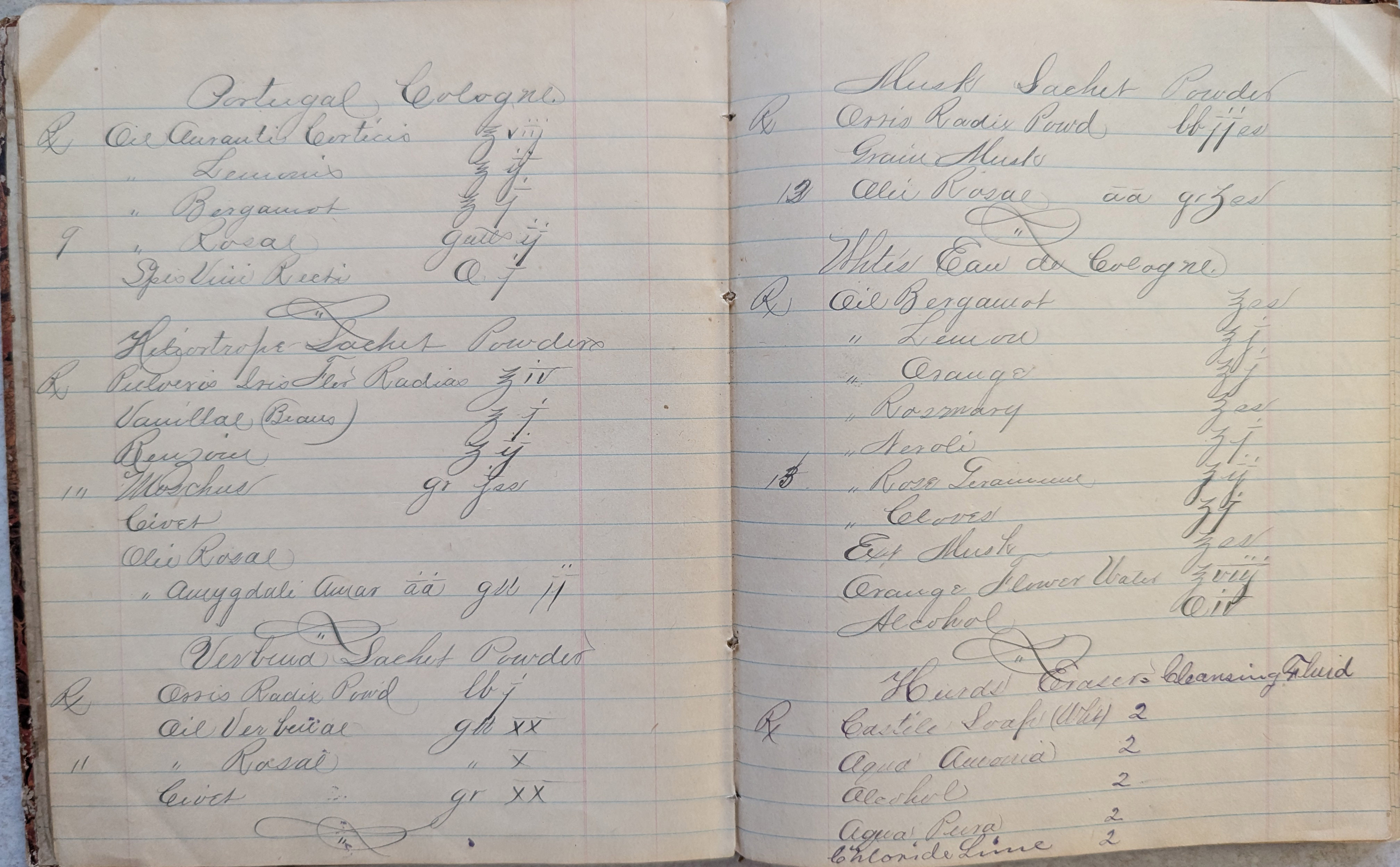
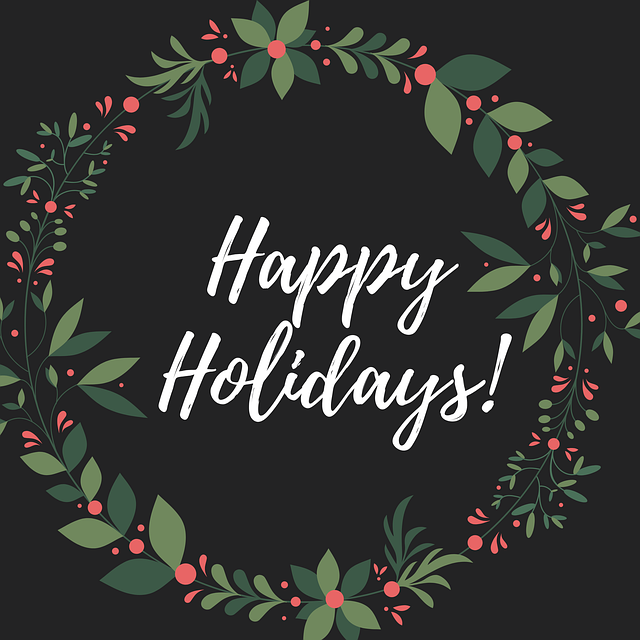


 In November 2024, the HSHSL’s Historical Collections received a donation of pharmacy materials relating to the family of George Whitfield Hurd, Maryland College of Pharmacy, the founding institution of the University of Maryland’s School of Pharmacy, class of 1878. The materials were donated by Hurd’s great granddaughter and includes items that were indispensable to the Hurd family’s pharmacies and provide a glimpse into the life of an early pharmacy graduate.
In November 2024, the HSHSL’s Historical Collections received a donation of pharmacy materials relating to the family of George Whitfield Hurd, Maryland College of Pharmacy, the founding institution of the University of Maryland’s School of Pharmacy, class of 1878. The materials were donated by Hurd’s great granddaughter and includes items that were indispensable to the Hurd family’s pharmacies and provide a glimpse into the life of an early pharmacy graduate. George Whitfield Hurd was born in Prattville, Ala. on February 27, 1852. He attended the Maryland College of Pharmacy, from 1874 to 1878. After graduating, Hurd returned to Alabama and opened a pharmacy. He married Mary Caroline Golson on April 3, 1879; together they had one daughter before Mary died on February 2, 1882. On February 10, 1886, Hurd remarried Annie Elizabeth Sprecher Draper; they had six children—one daughter and 5 sons, one died in infancy. In 1896, the family relocated to Clear Spring, Md., where Hurd opened another pharmacy. The family once again moved in 1900 to Williamsport, Md. and opened Hurd’s Drug Store. Hurd was later elected mayor of Williamsport in 1916 and served until 1918. Hurd died of complications of heart troubles on November 18, 1922; he owned the Williamsport pharmacy until his death.
George Whitfield Hurd was born in Prattville, Ala. on February 27, 1852. He attended the Maryland College of Pharmacy, from 1874 to 1878. After graduating, Hurd returned to Alabama and opened a pharmacy. He married Mary Caroline Golson on April 3, 1879; together they had one daughter before Mary died on February 2, 1882. On February 10, 1886, Hurd remarried Annie Elizabeth Sprecher Draper; they had six children—one daughter and 5 sons, one died in infancy. In 1896, the family relocated to Clear Spring, Md., where Hurd opened another pharmacy. The family once again moved in 1900 to Williamsport, Md. and opened Hurd’s Drug Store. Hurd was later elected mayor of Williamsport in 1916 and served until 1918. Hurd died of complications of heart troubles on November 18, 1922; he owned the Williamsport pharmacy until his death.
